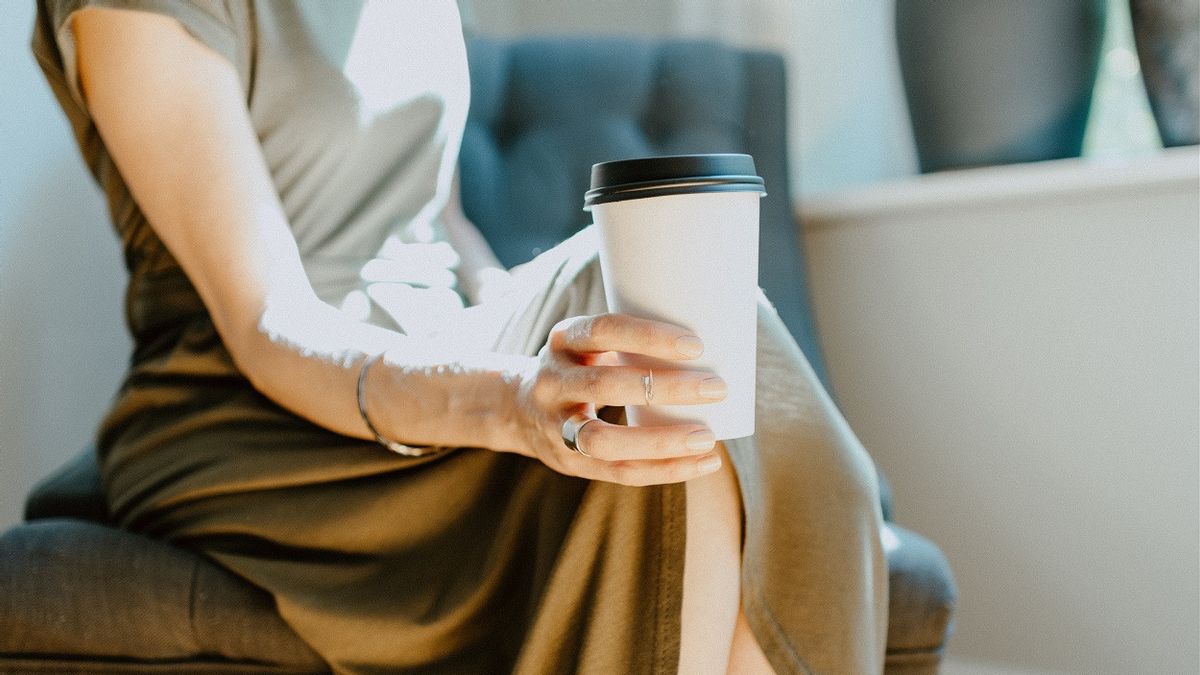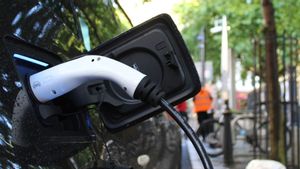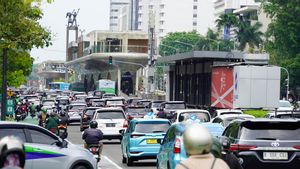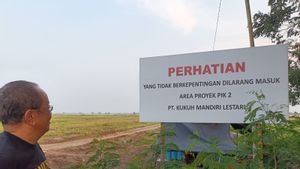JAKARTA - South Korean authorities have imposed a deposit fee for everyone who buys drinks using disposable cups in cafes and fast food restaurants starting next June, as part of efforts to reduce the surge in plastic waste amid the COVID-19 pandemic.
The environment ministry said that from June 10 consumers will have to pay a deposit of between 200 won and 500 won per single-use cup, where they buy drinks at coffee shops or fast food restaurant chains.
Later, this paid deposit will be returned to consumers, when they return the used disposable plastic cups they used to the store for recycling, citing the Korea Times Jan. 18.
Some 38,000 cafes and fast-food restaurants across the country will implement deposit provisions based on a government decree, to apply the system to companies with more than 100 branches, according to the ministry.

Restaurants will also be banned from using disposable cups in stores, encouraged to reuse items for delivery.
The measures have been announced as part of the government's plan to achieve carbon neutrality and move towards a sustainable circular economy.
Earlier this month, the Ginseng State authorities banned the use of single-use plastic cups for dine-in starting April 1, following the gradual revocation of permits to use glass products during the COVID-19 pandemic.
Long before, the ban on plastic cups in coffee shops, except for orders in transit, had been in place here since August 2018. However, since the outbreak of the COIVD-19 pandemic in early 2020, the ministry has allowed local governments to temporarily allow the use of single-use cups, due to concerns. spread of the virus through ordinary cups.
The exclusion rule has received criticism for its fairness, as restaurants are required to use multipurpose cutlery, plates and cups.
The regulations will be further strengthened from November 24, as coffee shops and restaurants will be prohibited from using paper cups, plastic straws and plastic drink stirrers, including when customers are eating or drinking at the venue.

Convenience stores and bakeries will also be banned from providing plastic bags, which are currently only banned in shops larger than 3,000 square meters and supermarkets larger than 165 square meters.
In addition, single-use plastic covers for umbrellas on rainy days in major stores and plastic items cheering on stadiums will also be banned from November.
To note, in 2020, the amount of plastic waste here increased 19 percent compared to the previous year, while vinyl waste rose 9 percent and packaging waste including Styrofoam rose 14 percent, the ministry said.
"Disposable single-use products are convenient to use but create a large amount of waste and environmental problems," said Hong Dong-gon, an official from the ministry's Bureau of Recirculation of Resources, in a ministry press release.
"The ministry asks for cooperation from the food service industry and the general public in carrying out the revision of the regulation," said Hong.
The English, Chinese, Japanese, Arabic, and French versions are automatically generated by the AI. So there may still be inaccuracies in translating, please always see Indonesian as our main language. (system supported by DigitalSiber.id)













